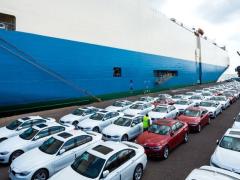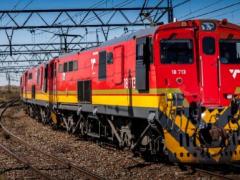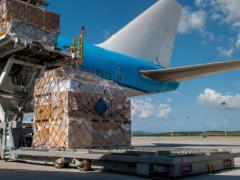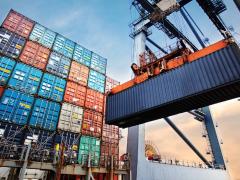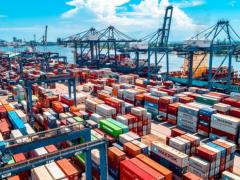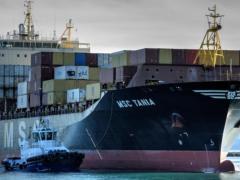Ndola is developing into a Copperbelt energy hub through a combination of gas, fossil fuel and renewable energy. In June 2024, the Ndola Energy Company restarted its 105MW power plant after securing the delivery of diesel through an agreement with the government. It was mothballed in 2021 following the closure of the state-owned Indeni oil refinery in Ndola. The plant has been operated and maintained by Finnish technology group Wärtsilä since 2013. Speaking at the restart of the plant, Brian Mushimba, chief executive officer of power at GL Africa Energy (of which Ndola Energy is a subsidiary), said “this restart is about pioneering a model for sustainable public-private partnership in Zambia’s energy sector”. He has announced plans for the company to transform the site into a hybrid plant through the addition of 200MW of solar generation. “This approach will position us as sustainable energy leaders and ultimately reduce consumer tariffs. “Our longer-term ambition is to produce over 600MW from a diversified energy mix across multiple sites in Zambia by 2030.” The diesel- fired power plant will be an important customer for a new refinery to replace Indeni. In July, the government announced an agreement had been signed between the Industrial Development Corporation and Fujian Xiang Xin Corporation of China to build a $1.1 billion crude oil refinery and energy complex in Ndola. The planned facility will process about 60 000 barrels per day of crude oil, which will meet Zambia’s domestic needs and potentially have excess for exports, according to the government statement. Construction is planned for the third quarter of 2025, with a first phase of commercial operations planned for 2026. The facility will produce fuel, liquefied petroleum gas, bitumen and lubricants, and will include a 130MW power plant that will feed 100MW into the national grid. “The project will stimulate investment in new storage facilities, rail upgrades, and provide feedstock for sectors such as plastics, fertilisers, synthetic materials, and asphalt manufacturing,” the statement points out. According to an IDC spokesperson, the refinery will source crude from the Middle East and import it through the Tanzanian port of Dar es Salaam. The logistics will be a challenge. At 190 barrels per truck, it will need around 316 road trucks a day on the 1 800-km road between the port and refinery. Rail tank cars can hold around 680 barrels of oil, which will require 88 wagons a day. An alternative would be to include crude in a planned $1.5bn gas pipeline from Beira and Ndola. Plans for the 1 000-km-long pipeline were announced by President Daniel Chapo in May at the opening of the 11th Mozambique Mining and Energy Conference. ER
Ndola set to become an energy hub
Comments | 0

